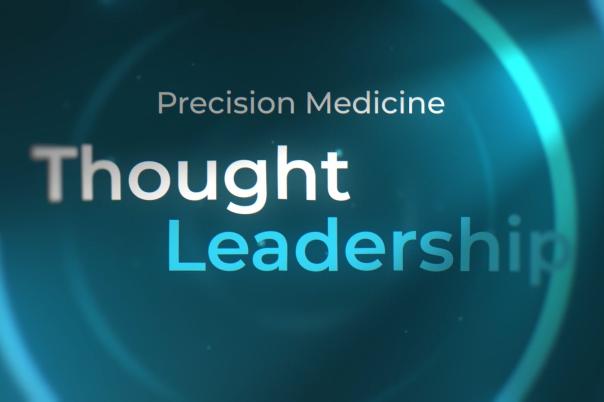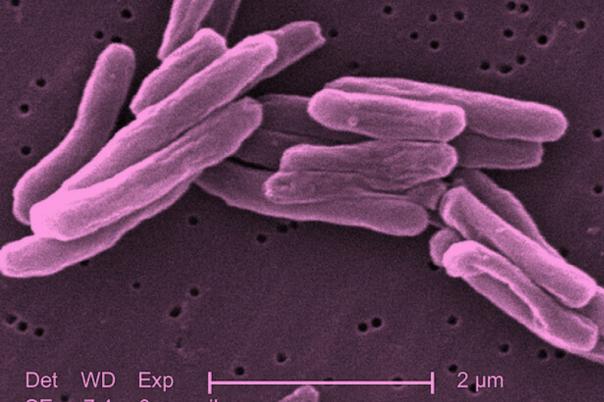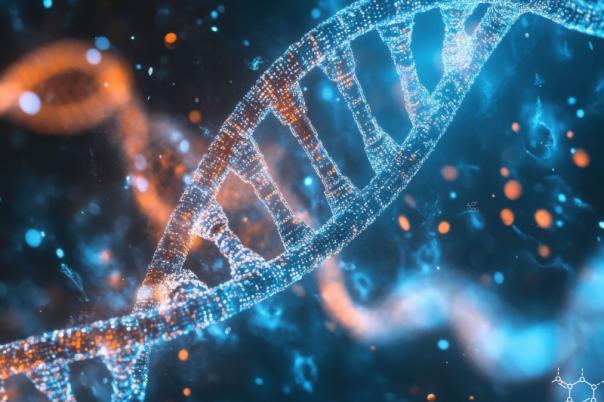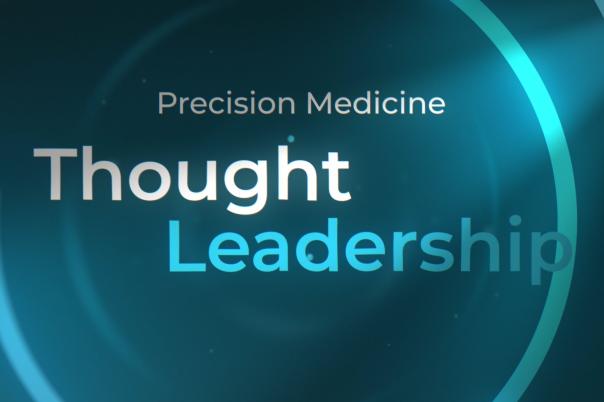EATRIS is an NGO that offers a matchmaking process to facilitate collaboration between academia and industry partners in the development and funding of research projects. To advance the field of multiomics, Nektarios Liaskos, Data Community Coordinator at EATRIS, developed the Multi-omics Toolbox, which integrates various omics data, including genomics, proteomics, and metabolomics, to create useful and comprehensible datasets for personalised medicine.
Before diving into the nitty-gritty of the Multi-omics Toolbox, Liaskos wanted to provide context on the omics environment and why there is a need for a Multi-omics Toolbox in the first place. 25 years ago, genetic engineering was labelled the future of medicine by Time Magazine. More recently, other disciplines are emerging as part of the Omics realm such as radiomics and ionomics alongside metabolomics, genomics, and glycomics.
With so many new disciplines emerging in multiomics, organisations like EATRIS are investigating how to integrate these various datasets to create a holistic integrated data set of multiomics data for one patient or across different data populations.
Liaskos said: “Once these integrated data sets are obtained, scientists can use advancements in deep learning and AI to create novel predictive models or identify new pathways to understand human biology better and uncover how we can not only treat a disease based on the disease profile but also a patient based on the profile.” Therefore, opening many doorways to personalised therapeutics. To further illustrate the intricacies of multiomics, Liaskos briefly showed the interconnectivity of omics data sources with the example of lactate.
Liaskos stressed the significance of ensuring that researchers adopt a FAIR (Findable, Accessible, Interoperable, and Reusable) framework. He said that this is essential to guaranteeing integration and usability across different omics disciplines. The Multi-omics Toolbox was used in the EATRIS-CONNECT and EATRIS-PLUS projects and it relies on community contributions to maintain and expand its resources.
The team demonstrated the feasibility and usability of the toolbox using a cohort of 127 healthy patients in the Czech Republic. They then underwent different omics analysis in the centre and these results were further validated by the Radboud University Medical Centre and the Finnish Institute of Molecular Sciences for the quality assessment.
Overall, the goal of EATRIS is to take omics data findings and convert them into a tangible solution for patients that they have equitable access to. Furthermore, it is important to find a way to democratise and operationalise the data. The fact that the toolbox is an open-access resource reaffirms their mission to democratising their technology.





